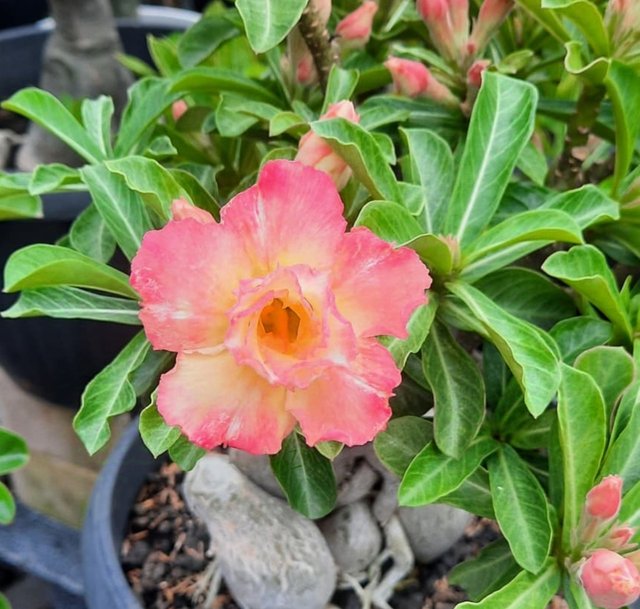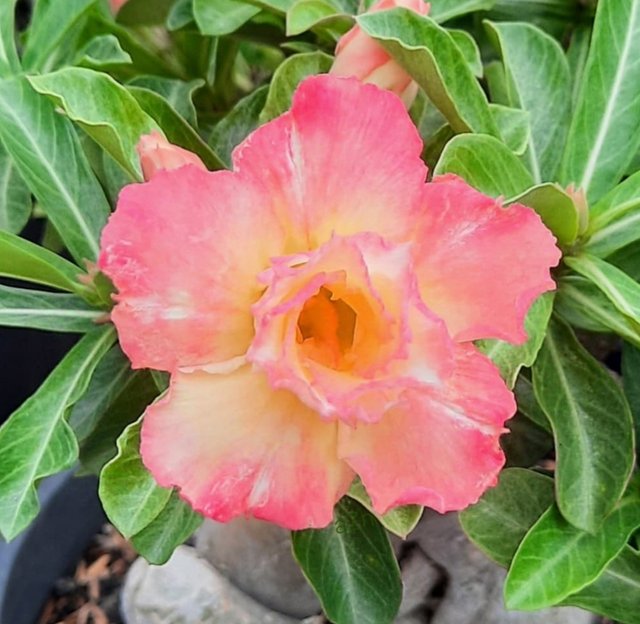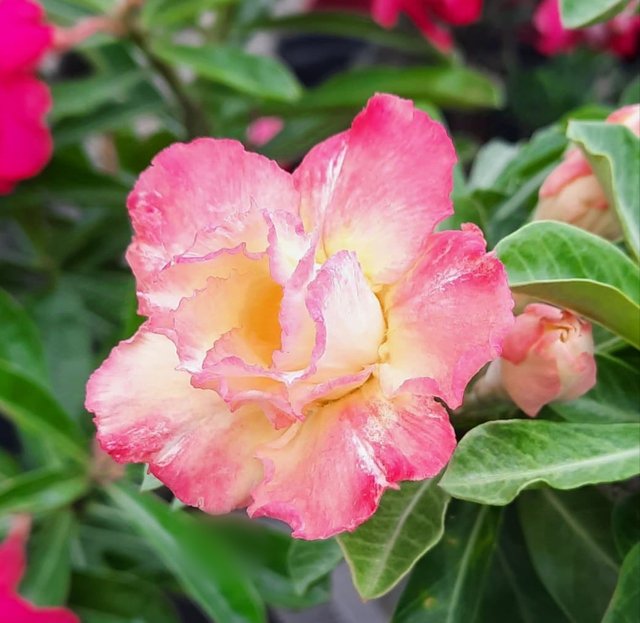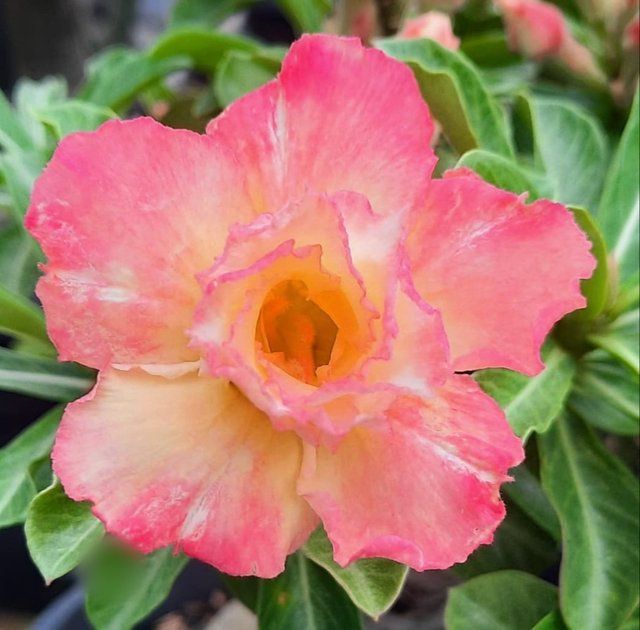A Comprehensive Guide to Adenium Obesum: The Desert Rose
Adenium obesum, commonly known as the Desert Rose, is a stunning and exotic flowering plant that has captured the hearts of gardeners and plant enthusiasts worldwide. Native to the arid regions of Africa and the Arabian Peninsula, this unique plant is celebrated for its vibrant flowers, sculptural trunk, and adaptability to a wide range of climates. Whether you’re an experienced gardener or a beginner, the Adenium obesum can be a rewarding addition to your collection. Here's everything you need to know about this fascinating species.
Characteristics and Appearance
Flowers
The Desert Rose is most famous for its spectacular blooms. The trumpet-shaped flowers come in a variety of colors, including shades of pink, red, white, and even bi-colored varieties. The vibrant blossoms often contrast beautifully with the plant's green foliage, creating a striking visual appeal. Flowering occurs primarily in spring and summer, but with proper care, Adeniums can bloom year-round in tropical climates.
Caudex
One of the defining features of Adenium obesum is its swollen caudex, which stores water and gives the plant its bonsai-like appearance. The caudex develops unique shapes over time, making each plant truly one-of-a-kind. This adaptation allows the plant to survive in harsh, arid environments.
Leaves
The leaves of Adenium obesum are typically glossy and dark green, though their shape and size can vary depending on the variety and growing conditions. During the dry season, the plant may shed its leaves as part of its natural cycle.
Cultivation and Care
Light Requirements
Adenium obesum thrives in full sunlight. Inadequate light can lead to poor growth and fewer flowers. If grown indoors, place the plant in a south-facing window or under a grow light to mimic its natural environment.
Soil and Potting
Well-draining soil is critical for the health of Adenium obesum. A mix of cactus soil with added perlite or sand works well. The plant prefers slightly acidic to neutral soil. Use a pot with drainage holes to prevent waterlogging, which can cause root rot.Watering
The Desert Rose is drought-tolerant and should not be overwatered. Allow the soil to dry out completely between waterings. During the growing season, water moderately. In winter, reduce watering as the plant enters dormancy.
Temperature and Humidity
Adenium obesum prefers warm temperatures and can tolerate extreme heat. It is not frost-tolerant and should be brought indoors or protected during cold weather. Low humidity levels mimic its native environment and are ideal for growth.
Fertilization
Feed the plant with a balanced, water-soluble fertilizer during the growing season. A fertilizer high in phosphorus can promote flowering. Avoid over-fertilizing, as this can damage the roots.





You've got a free upvote from witness fuli.
Peace & Love!
Downvoting a post can decrease pending rewards and make it less visible. Common reasons:
Submit